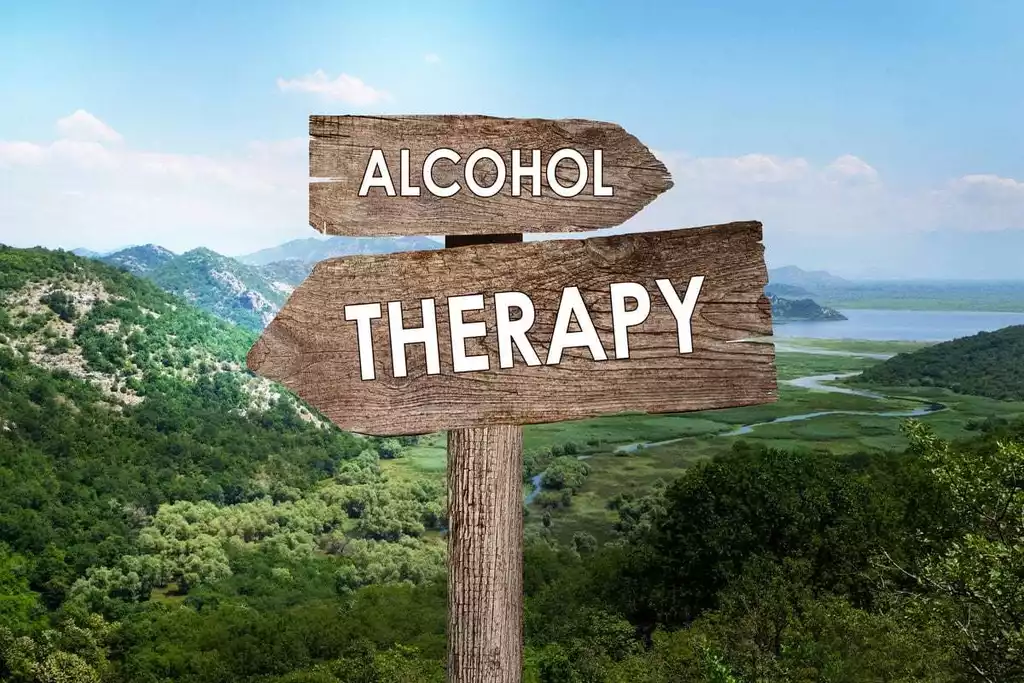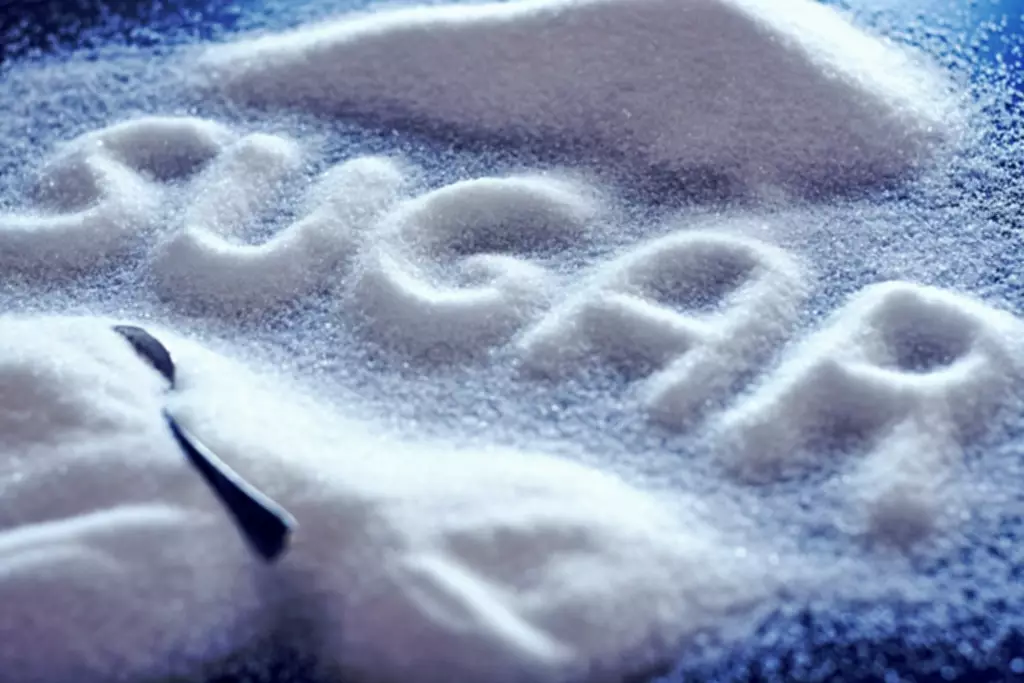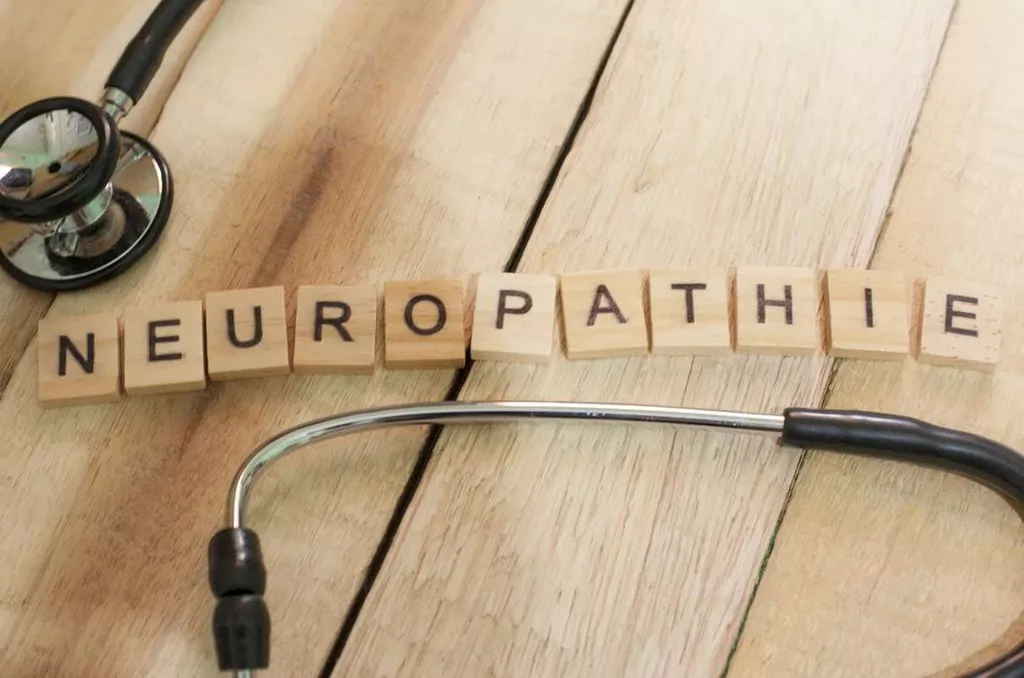What does it feel like to be drunk? Effects and stages

At this point, with a BAC of 0.35% to 0.45%, it is vital that you receive medical attention or else you will die. Despite how many people drink, very few know the specifics of what happens to the brain while drunk. The joy, the confidence, the lowered inhibitions — that’s all the alcohol talking. Alcohol might seem like a friendly social lubricant, but it’s a sneaky one, quietly infiltrating our brain and bodily systems. Its first stop is the central nervous system — the brain — command central for all our actions, thoughts, and feelings. Whether it’s just one night of drinking or a prolonged drinking session also impacts how alcohol affects you.
Stages of being drunk
- Understanding these stages can help individuals recognize the signs of intoxication and avoid potential harm.
- If left untreated, a person in this stage faces life-threatening consequences, making it crucial to seek emergency assistance.
- In the stupor stage, the person’s central nervous system is heavily suppressed, leading to impaired motor function and dangerously slow or irregular breathing.
- What stage is typically reached when you or your loved one consumes alcohol?
- Responsible drinking saves not only an individual’s life but also those around them as more and more crimes are tagged with people under the influence of either illegal drugs or alcohol.
- You don’t care if your friend loses his job or if your sister never sees her children again, you’re ordering more shots.
- The combination of mental fog and physical impairment increases the risk of injury or dangerous behavior, as the individual may not realize their own limitations or the hazards around them.
It can be described as having a relaxed and pleasant feeling, but with a mild impairment in judgement and balance. This can be further compounded if the drinker is made fun of or confronted on the comments they make while drunk. A drunk mind often speaks directly from the heart, with a lack of inhibition and inhibitive thought. It can speak in a way that reveals the person’s true feelings on a given subject, their unfiltered thoughts and emotions, as well as dreams and fantasies.

What do you feel like when you get tipsy or drunk?
A person who has been drinking can say that he or she is ‘buzzed’ when they feel that slight buzz after they have started drinking alcohol. ‘Buzzed’ is used to denote the first phase or the beginnings of the effects of drinking alcohol. People with low alcohol tolerances are more likely to feel the buzz strongly even if they only have had just a few drinks. Feeling tipsy occurs during the early stages of alcohol intoxication. As alcohol is consumed, it is absorbed from the stomach and intestines into the bloodstream. From there, it travels to the brain where it begins to have an effect on the central nervous system.
- However, this is not necessarily a good thing as it can cause people to say things that they would not normally say and can create tension and hurt feelings.
- To make matters more confusing, certain drinks have more alcohol content than others.
- The National Center for Drug Abuse Statistics reports that there are 95,000 alcohol-related deaths in the United States annually.
- Alcohol significantly impacts cognitive functions by acting as a depressant on the central nervous system.
Addiction Treatment
At this point, you are considered drunk with a BAC of 0.09% to 0.25%. It’s also important to recognize that individual tolerance plays a significant role in determining how one feels when drunk. A person’s body composition, previous drinking experiences, and even mood prior to drinking can all influence their reactions. Alcohol abuse and binge drinking are common, and they put many people at risk of alcohol poisoning, alcohol addiction, and chronic alcohol-related health problems. The experience of alcohol intoxication is different for each person. Those who have not experienced alcohol intoxication may wonder what it feels like to be “drunk.” It can affect mood, speech, judgment, and more.

Genetic differences account for over 50% of variation in alcohol response between individuals. Personal circumstances and mood also play a role in determining effects. The shift in mood and thinking can be subtle and pleasant at first. But as more alcohol is consumed, these effects become intensified leading to drunkness. These occur as alcohol begins slowing what does being tipsy feel like down the central nervous system. The parts of the brain controlling judgement and decision-making also start to be impaired.
After consuming alcohol, it typically takes 15 to 45 minutes to feel its full effects. The liver metabolizes heroin addiction alcohol at a rate of about one unit per hour, which is roughly equivalent to 10 milliliters (ml) or 8 grams of alcohol. At lower levels of intoxication, individuals might experience a sense of warmth or buzz.
If there are any concerns about content we have published, please reach out to us at Well, it turns out that for some actors, drinking in a role means drinking as a role, on set, even on camera. More than a few of our favorite films (and likely way more than these) involve actors who were either drunk previous to or as a fact of the scene itself. However, there are some things they can do to feel more alert and appear soberer.
- The rate at which your stomach digests and passes everything on to the small intestine is one of the biggest determinants of how fast your body absorbs alcohol.
- One will feel happy, but at the same time a little trippy from the beverage they are having as their nervous system gradually slows down.
- Our state-specific resource guides offer a comprehensive overview of drug and alcohol addiction treatment options available in your area.
- At lower levels of intoxication, individuals might experience a sense of warmth or buzz.
- Being drunk can feel euphoric and social at first but can lead to confusion, loss of coordination, and emotional instability as intoxication increases.
With long-term drinking over many days, the after-effects also set in. Hangovers produce miserable symptoms like headaches, nausea, dizziness, fatigue, increased sensitivity to light and sound, disrupted sleep, and body aches. Neurotransmitters like dopamine and endorphins are released, creating a mild buzz. People who are tipsy often feel more sociable, lively, and uninhibited. They experience fun sensory effects, feelings of contentment, and lowered stress. At 0.08% BAC coordination starts to become impaired, thinking and reasoning can be altered, and speech may begin to slur.
The effects of alcohol can last from a few hours to longer, depending on various factors, including the amount consumed, individual metabolism, and overall health. The stages of being drunk range from sobriety to potential death, with each stage characterized by specific emotional and physical symptoms. Getting drunk and losing control can be scary, but treatment is available. If you have questions or are ready to start your recovery journey, we’re here to help. Contact our skilled addiction and mental health professionals at Emerge Healing Center to learn more about our treatment and program options. Based on our tipsy vs drunk article, the two terms are quite similar but can be differentiated while drinking.

A person will enter the euphoric stage of intoxication after consuming 2 to 3 drinks as a man or 1 to 2 drinks as a woman, in an hour. Some people would be able to drink three to four alcoholic beverages and become drunk, while others can drink more and still be tipsy. Also, the frequency and timeframe of drinking alcohol can determine how quickly you become drunk. For instance, you can become sober after drinking four to five drinks in about five hours. According to the Centers for Disease Control and Prevention (CDC), excessive alcohol intoxication led to more than 140,000 deaths yearly in the United States from 2015 to 2019. At a BAC of 0.45% or higher, a person is likely to die from alcohol intoxication.







